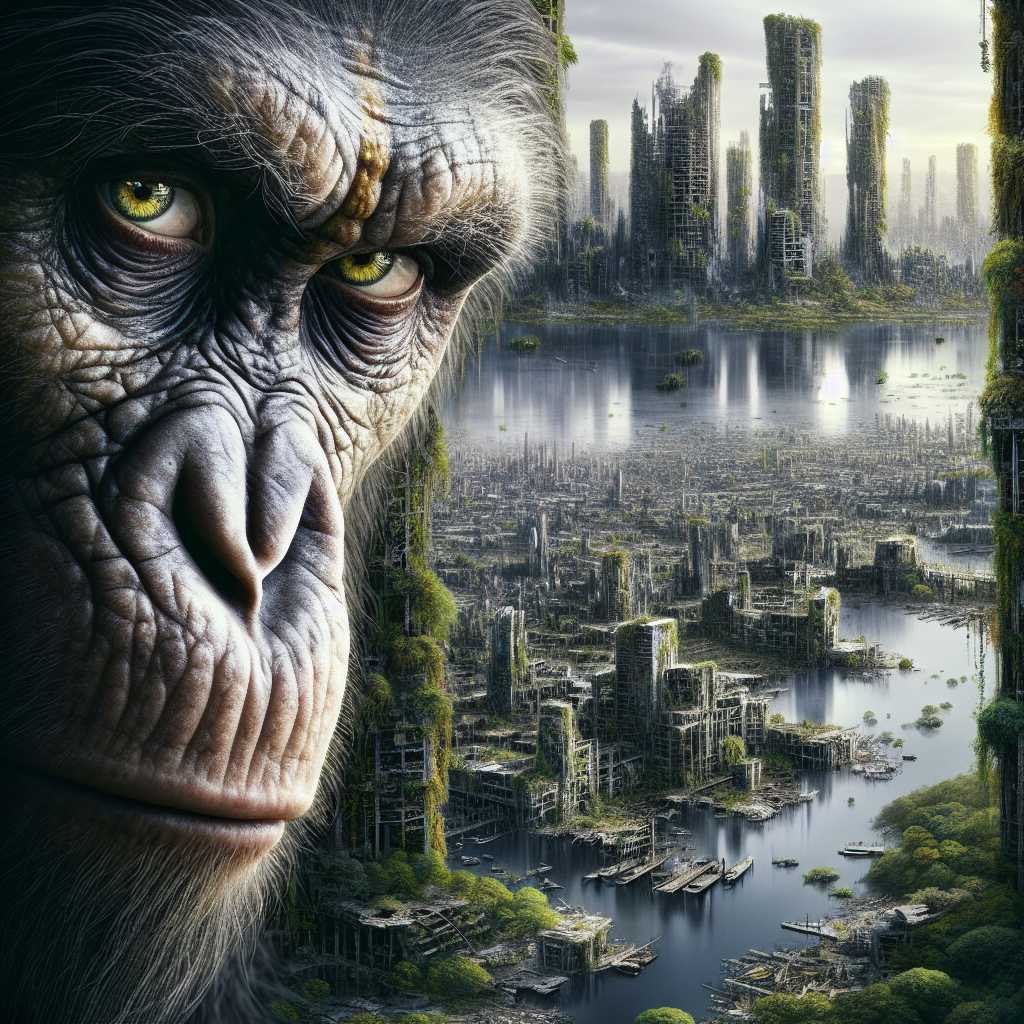Kingdom of the Planet of the Apes: Exploring the Newest Chapter in the Evolution of a Franchise
Introduction to Kingdom of the Planet of the Apes
The latest installment in the long-standing “Planet of the Apes” franchise, “Kingdom of the Planet of the Apes,” heralds a continuation and evolution of one of cinema’s most iconic and enduring sagas. The new chapter comes after the critical and commercial success of the recent reboot series, which began with “Rise of the Planet of the Apes” in 2011 and was followed by “Dawn of the Planet of the Apes” (2014) and “War for the Planet of the Apes” (2017). The new film aims to plunge audiences back into an evolved ape civilization and explore themes that resonate with current societal issues.
Legacy and Impact of ‘Planet of the Apes’
Ever since its inception with the novel “La Planète des singes” by Pierre Boulle in 1963, and its subsequent film adaptation in 1968 led by Charlton Heston, “Planet of the Apes” has held a unique mirror up to human society. The original series spanned five movies from 1968 to 1973 and explored complex themes such as intellectual hubris, animal rights, class warfare, and nuclear war. It has exerted significant influence on pop culture and has inspired merchandise, comic books, television series, and other media content. With its innovative use of prosthetics for ape characters, headed by artist John Chambers, it also left an indelible mark on visual effects and make-up design in filmmaking.
Reception of the Reboot Series: Setting the Stage for ‘Kingdom’
The modern reboot series took this legacy to new heights with advanced CGI technology used to bring apocalyptic drama to life. Each film of the trilogy received praise for its storytelling approach, character development, special effects, and performance capture technology—most notably that provided by actor Andy Serkis as Caesar, the revolutionary ape leader. The trilogy was notable for delivering an emotionally powerful narrative aligning audience sympathies with non-human characters. These movies functioned not just as summer blockbusters but as thought-provoking commentaries on humanity’s use and misuse of power.
Continuity and Novelty in ‘Kingdom of the Planet of the Apes’
“Kingdom of the Planet of the Apes” seeks to continue this rich tradition with a story set several years after “War for the Planet of the Apes.” While details about specific plot points remain closely guarded by production teams, it is anticipated that this film will advance both continuity from previous installments and inject its own fresh elements into an expanding cinematic universe. With engaging narratives fused with cutting-edge visual effects, audiences anticipate another resonant commentary budding amidst breathtaking action sequences.
The Technological Evolution
Since its inception, each “Planet of the Apes” installment has been characterized by impressive leaps in technological innovation regarding visual effects. The reboot trilogy was particularly noted for its use of performance capture technology that allows actors to portray non-human characters with startling emotional depth. Developed significantly by companies like Weta Digital – best known for their work on “The Lord of the Rings” series – this technology has become even more sophisticated over time. It is expected that “Kingdom” will once again push boundaries in VFX storytelling while continuing to deliver strikingly realistic portrayals of its protagonist primates.
Future Implications
“Kingdom of the Planet of the Apes” does not only herald a possible new set of movies but may also inspire future TV series, digital content creation, interactive experiences via game developments or VR simulations, and sociopolitical discussions about genetics, identity, and animal rights within our culture. It reinforces an enduring cultural narrative that is both reflective and innovative.
Notes
Image description: An intricately detailed poster previewing “Kingdom of the Planet of the Apes.” In bold foreground artistry is a hyper-realistic CGI-rendered ape staring intently at the viewer, symbolic both of advanced visual effects and depth of character. Behind them looms a world reclaimed by nature – city ruins overgrown with vegetation – evoking palpable post-apocalyptic tension contrasted with ascendant fauna amidst urban decay.
